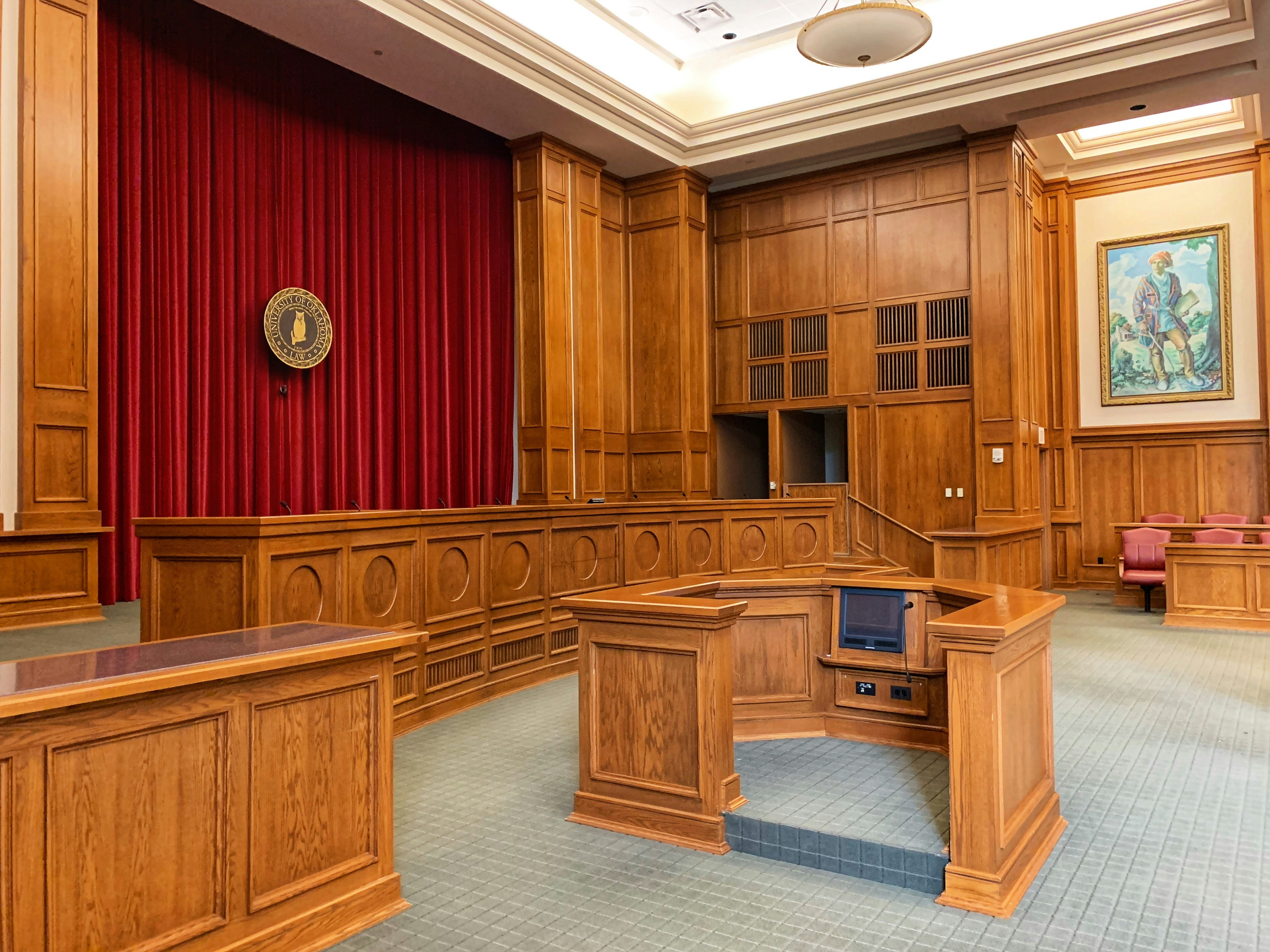Understanding the Role of Judicial Review in American Democracy
Dive into the world of American legal and political systems as we explore the role, history, and implications of judicial review, a cornerstone of U.S. democracy.

A Brief History of Judicial Review
Judicial review traces its roots back to the case of Marbury v. Madison in 1803. This landmark Supreme Court decision established the principle that courts could invalidate laws on constitutional grounds. This doctrine meant that the courts became a pivotal part of the checks and balances system, ensuring the constitutionality of actions by the executive and legislative branches.
The Mechanics of Judicial Review
In practice, judicial review involves the Supreme Court interpreting the Constitution to evaluate the legality of laws and actions. This process is complex, requiring intensive legal analysis and debate. It’s important to note that the Supreme Court doesn’t seek out laws to review. Instead, it relies on cases brought before it by parties who believe their constitutional rights have been violated.
The Evolution of Judicial Review
Over the centuries, judicial review has shaped U.S. law and society in countless ways. From landmark decisions like Brown v. Board of Education, which led to the desegregation of schools, to Roe v. Wade, which established a woman’s right to choose, judicial review has been at the forefront of societal shifts. These cases demonstrate the power of courts to interpret constitutional principles in response to changing societal values and challenges.
Current Role and Importance of Judicial Review
Today, judicial review remains a critical part of American democracy. It acts as a safeguard against unconstitutional laws and overreach by the other branches of government, upholding the rule of law and protecting individual rights. Recent cases involving topics like immigration policy, LGBTQ+ rights, and healthcare reform underline the ongoing relevance and contentious nature of judicial review.
Impact and Implications of Judicial Review
Judicial review has significant societal implications. By interpreting the Constitution, the Supreme Court can shape societal norms and dictate policy direction. However, controversy often surrounds this power. Critics argue that it can lead to an “activist” court, where justices impose their own beliefs on the nation. Supporters, on the other hand, maintain that judicial review is essential to uphold constitutional rights and ensure democratic integrity.
In conclusion, judicial review is an integral part of American democracy. Its role, evolution, and implications hold profound influence over law and society. Understanding this legal process is key to discerning the complexities of the U.S. political system and appreciating its enduring importance in protecting constitutional rights.




